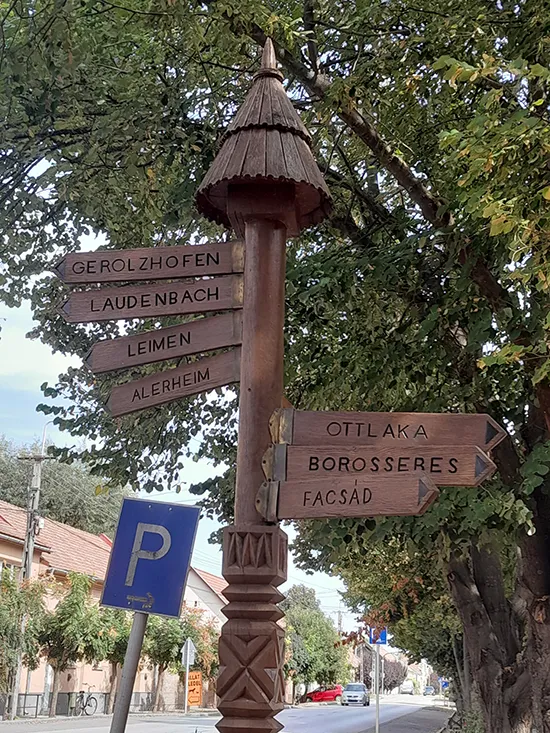From the very beginning, the term ‘municipal foreign policy’ was used to describe these contacts, which were initially established between Western European cities to consolidate peace against the backdrop of the Second World War. In the course of the East-West détente after the fall of the ‘Iron Curtain’, a second wave of municipal partnerships was established. Relationships between German and Hungarian cities and municipalities were established on a large scale. The project examines the motives, content and effects of these partnerships from a particular perspective: the role played by those expelled from Hungary to Germany after the Second World War in the formation and consolidation of these relationships will be analysed. In addition, the extent to which historical migration relationships, specifically the memory of emigration in the 18th century, influenced the organisation of partnerships between former places of emigration in the Holy Roman Empire and places of immigration in the Kingdom of Hungary will be investigated.
German-Hungarian municipal partnerships
As transnational networks, town twinning has become an integral part of municipal policy practice.

IdGL, Márta Fata